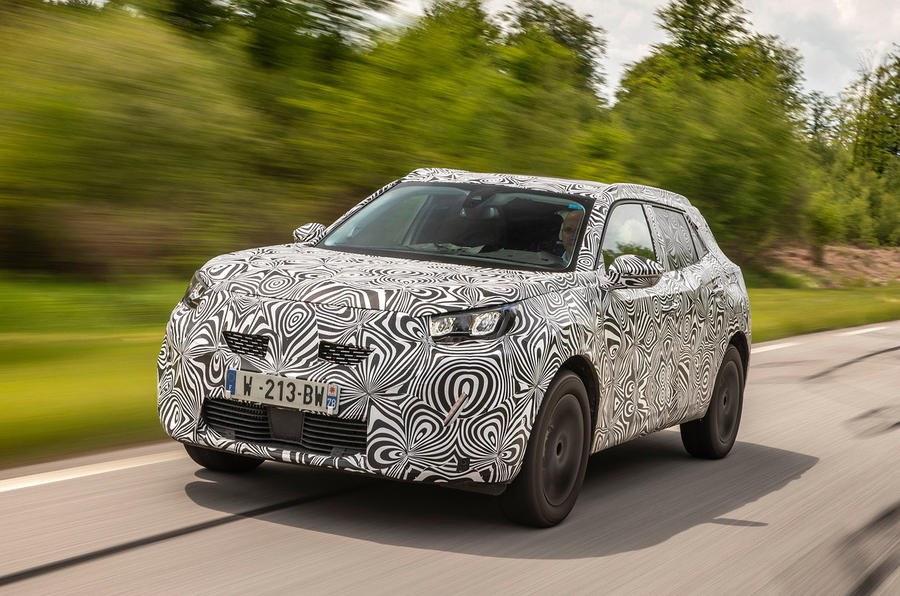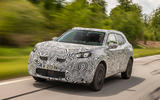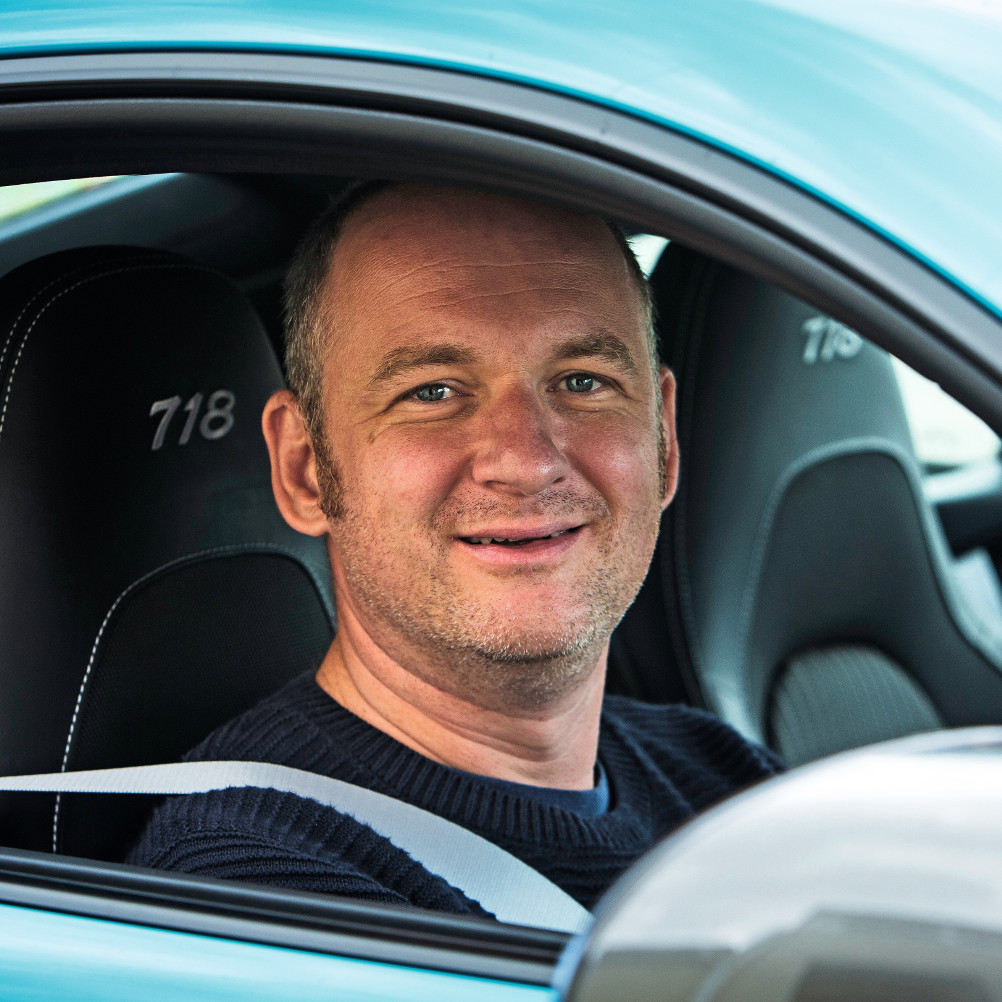Beneath the plastic bag shrouds and dazzle camouflage is Peugeot’s new compact crossover, which is codenamed P24. However, to you and me it’s the forthcoming 2008, due to hit UK showrooms sometime in 2020.
Aiming to build on the success of the brand’s larger Peugeot 3008 and Peugeot 5008 SUV models, the 2008 has gone fairly radical and adopted the latest CMP architecture. Not only does this mean more safety and space, it allows Peugeot to offer a pure electric version, which is what we drive here - the Peugeot e-2008 - albeit in pre-production guise.
Obviously the garish paint job means we can’t judge the looks (although Peugeot has now revealed the finished article), but it is possible to see the new 2008 is a bigger car than it’s predecessor. Yet while it’s longer and wider than before, it’s also 20mm lower, creating a sportier, more purposeful stance, bagged-up exterior notwithstanding.
The scalable CMP platform is a slightly stretched version of that already seen on the DS 3 Crossback, and will also underpin the forthcoming 208 and Vauxhall Corsa superminis.
Designed from the outset to accommodate EV running gear it uses compact battery packs that are housed in areas that would be home to the exhaust system and the fuel tank of the internal combustion engined versions. This is linked to a 100kW (134bhp) electric motor that drives the front wheels through a single speed gearbox. Peugeot claims that this delivers a WLTP assessed range of 196 miles, which is well short of rivals such as the Kia e-Niro and Hyundai Kona Electric.
Anything else? Well, there will also be internal combustion engines, in the form of turbocharged 1.2-litre (99bhp or 128bhp) and 1.6-litre (153bhp) petrols, plus a 1.6-litre diesel with either 99bhp or 128bhp. Gearbox choice will between six-speed manual and eight-speed automatic. We were given turn behind the wheel of the most powerful versions of the diesel and 1.2-litre petrol, but with suspension and NVH settings far from being signed off (each was essentially running DS 3 Crossback calibration) there was little meaningful to be gained. The EV on the other hand was much closer to production specification.



















Join the debate
Add your comment
Not so sure about the range
I only do 8k a year but I do quite a few longer trips, often to places with limited charging infrastructure (think Lake District, Snowdonia etc). A 200 mile range might just get me to my destination but if I can't easily charge it's a serious problem. The Kona and e-Niro are therefore more desireable. But, if the charging infrastructure can be improved, this becomes less of an issue.
Elsewhere in Autocar
The vehicle has the following engine options:
"The 1.2-litre, turbocharged three-cylinder will arrive in a choice of 99, 128 and 153bhp outputs with either 6-speed manual or eight-speed automatic transmission. A 99bhp, 1.5-litre four-cylinder diesel will also be available with a six-speed manual only."
The range is plenty if you
200 miles per charge is more than enough for a city car but I would hate to have to find a charger and wait 45 min or so every few days.
Up the apples and pears
You do know people buy cars outside London, and even hundreds of thousands of people living within the M25 have a driveway. Your comments are like saying 'No' to a Cayman because they don't seat 5.
Horses for courses.